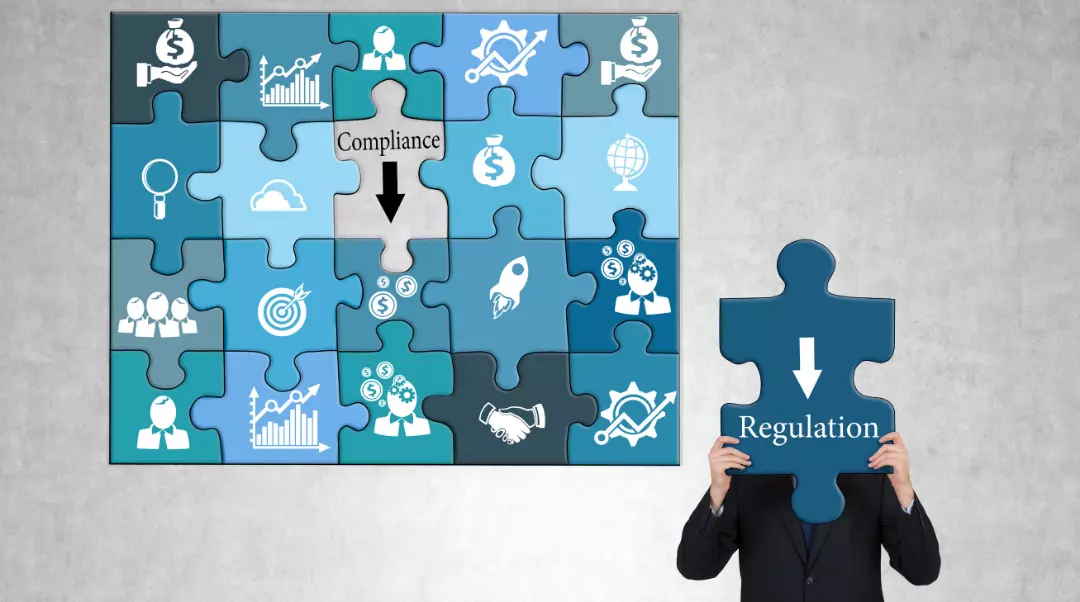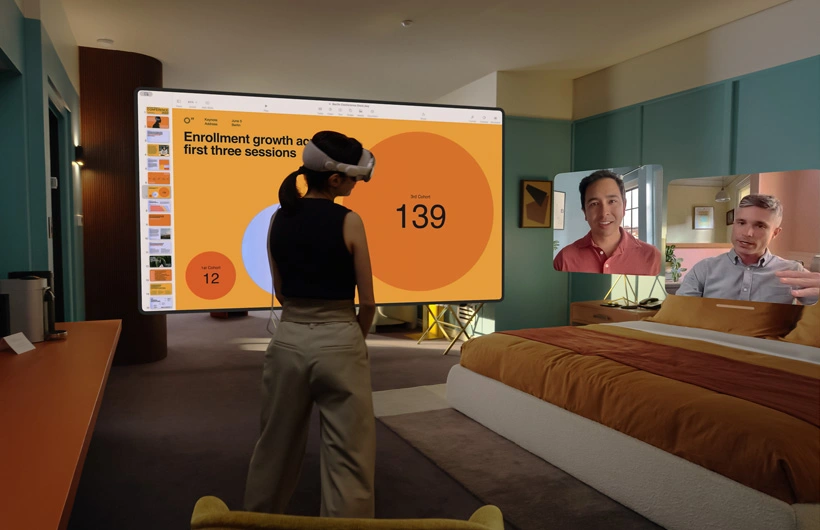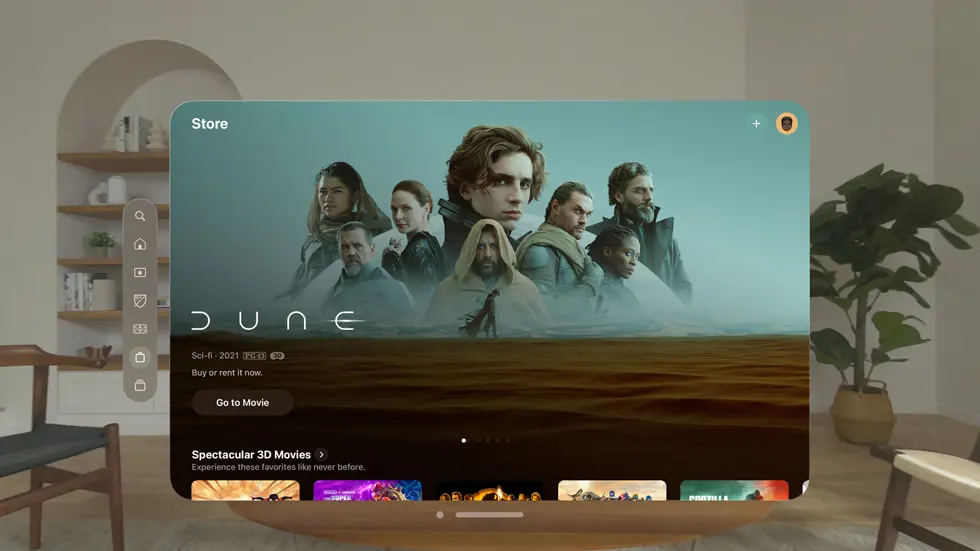The Role of Government and Regulation in the Development and Use of Mixed Reality
Posted on March 28, 2023 3 minutes 491 words
Table of contents
Mixed reality (MR) is revolutionizing the way we interact with the world around us by blending the physical and digital realms. This immersive technology is making strides in industries such as entertainment, education, healthcare, and training. As MR continues to develop and expand, the role of government and regulation in shaping its trajectory becomes increasingly important. This blog post explores how government involvement and regulation can ensure responsible development and use of MR technology, promoting a bright and inclusive future for all.
Ensuring Ethical Development and Deployment of Mixed Reality Technologies
MR has the potential to transform lives; however, its rapid growth necessitates ethical guidelines and regulations to prevent potential negative consequences. Governments must address privacy concerns, ensuring that data collection and usage policies protect users’ personal information. Moreover, safeguarding intellectual property rights and combating content piracy are vital in fostering a healthy MR ecosystem.
Encouraging Industry Collaboration and Standardization
Governments can play a key role in fostering partnerships between the public and private sectors, encouraging collaboration to drive MR innovation. By promoting industry standards, they can ensure interoperability and compatibility across MR technologies, creating a more unified and accessible landscape. Sharing research findings and best practices among stakeholders further accelerates progress and enhances the quality of MR experiences.
Promoting Accessibility and Inclusivity in Mixed Reality
As MR becomes more integrated into our daily lives, there is a risk of exacerbating the digital divide. Governments must work to ensure equal access to MR resources and opportunities by implementing subsidies and promoting public-private partnerships. Additionally, creating inclusive MR experiences that accommodate users with disabilities is essential in building a more equitable technological landscape.
Facilitating Research and Development
Government funding and grants can provide a significant boost to MR research and innovation. Cross-disciplinary research, combining expertise from fields such as computer science, psychology, and design, is crucial for pushing the boundaries of what MR can achieve. Academic institutions and government research labs should work together, driving innovation and making breakthroughs that propel the MR industry forward.
Implementing Responsible Legislation and Policies
Balancing user protection and innovation requires a thoughtful approach to legislation and policies. Governments should examine existing data protection laws, consumer protection policies, and content guidelines, adapting them to the unique challenges posed by MR. International cooperation and harmonization of MR regulations will help create a global framework that fosters both growth and responsibility.
Conclusion
As mixed reality continues to evolve and permeate various aspects of our lives, the role of government and regulation in guiding its development and use is crucial. By addressing ethical concerns, promoting collaboration and standardization, ensuring accessibility and inclusivity, facilitating research and development, and implementing responsible legislation and policies, governments can help shape a responsible and inclusive MR landscape. It’s time for governments, industry leaders, and users to join forces, collaborating and engaging in responsible development and use of MR technology for the betterment of society.








